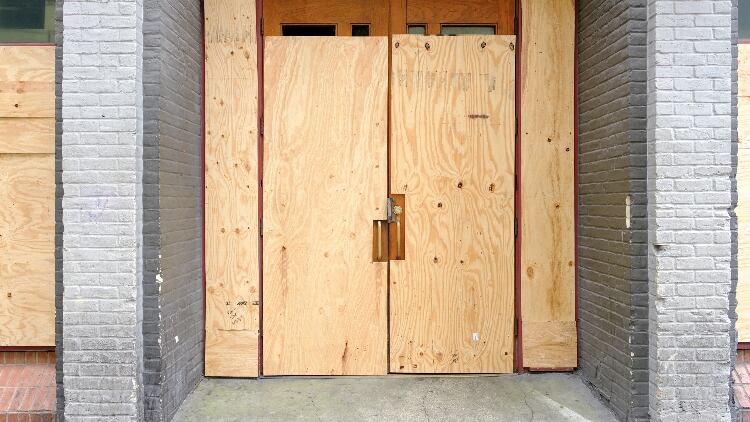The Government has said the decision to continue to ban, which was meant to end on 31 March, will help businesses such as those in the hospitality sector, get back to trading in May when inside service for the trade can reopen, no earlier than 17 May.
In addition, for residential tenants, the ban on bailiff-enforced evictions in all but the most serious circumstances – such as fraud or domestic abuse – and the requirements for landlords to provide six month notice periods to tenants before they evict will also be extended until at least 31 May.
UKHospitality (UKH) chief executive Kate Nicholls said: “Extending the moratorium is a sensible and positive step by the Government. It was really the only option for businesses that are on the brink of reopening but have piled up so much rent debt over the past year."
She went on to call for a mutually agreeable solution that works for all parties involved – tenants, landlords and investors.
The UKH boss added: “Tenants have borne the brunt of the pain of closure so far and it is clear that others need to take their share, too. It is integral to the future of the UK’s hospitality sector and high streets across the country, which we hope will drive the economic recovery of the country. We hope the Government investigates this avenue of approach. It must also now extend the insolvency moratorium to provide full protection.”
Latest support package
Continued support for renters is the right thing to do as the country moves through the Government’s roadmap of lifting restrictions, housing secretary Jenrick stated.
“We have taken unprecedented action to support both commercial and residential tenants throughout the pandemic with a £280bn economic package to keep businesses running and people in jobs and able to meet their outgoings, such as rent,” he said.
“These measures build on the Government’s action to provide financial support as restrictions are lifted over the coming months – extending the furlough scheme, business rates holiday and the Universal Credit uplift.”
Business secretary Kwasi Kwarteng said the Government was doing all it can to ensure businesses get the support needed to get through the pandemic and reopen when safe to do so.
He added: “I know business owners will welcome this latest package of support and the breathing space it will give them to prepare for a safe reopening and ultimately, to build back better.”
Call for evidence
The Government has stated its current position is to support commercial landlords and tenants to agree their own arrangements for paying or writing off rent debts by 30 June.
It has launched a call for evidence on commercial rents to help monitor the progress of negotiations between landlords and tenants.
This will set out potential steps the Government could take after 30 June, which could include a phased withdrawal of current protections to legislative options, aimed at businesses hardest hit by the pandemic.
On this, UKH's Nicholls said: "It is even more encouraging to see the Government issuing a call for evidence on the possibility of additional measures to solve the rent crisis. Rent debt has spiralled to unmanageable levels for too many businesses through no fault of their own. We have reached an impasse that threatens the survival of many businesses right at the moment that they are looking to reopen and rebuild.
“The Government’s suggestion of a phased approach and targeted legislation could provide the flexibility combined with incentive our businesses need. We hope this motivates landlords to come to the table with meaningful concessions.
"Refusal to do so would force the Government to go down the legislative route, which would cause greater delays and trigger further business closures, even upon reopening, due to unsustainable levels of debt with no end in sight.”




